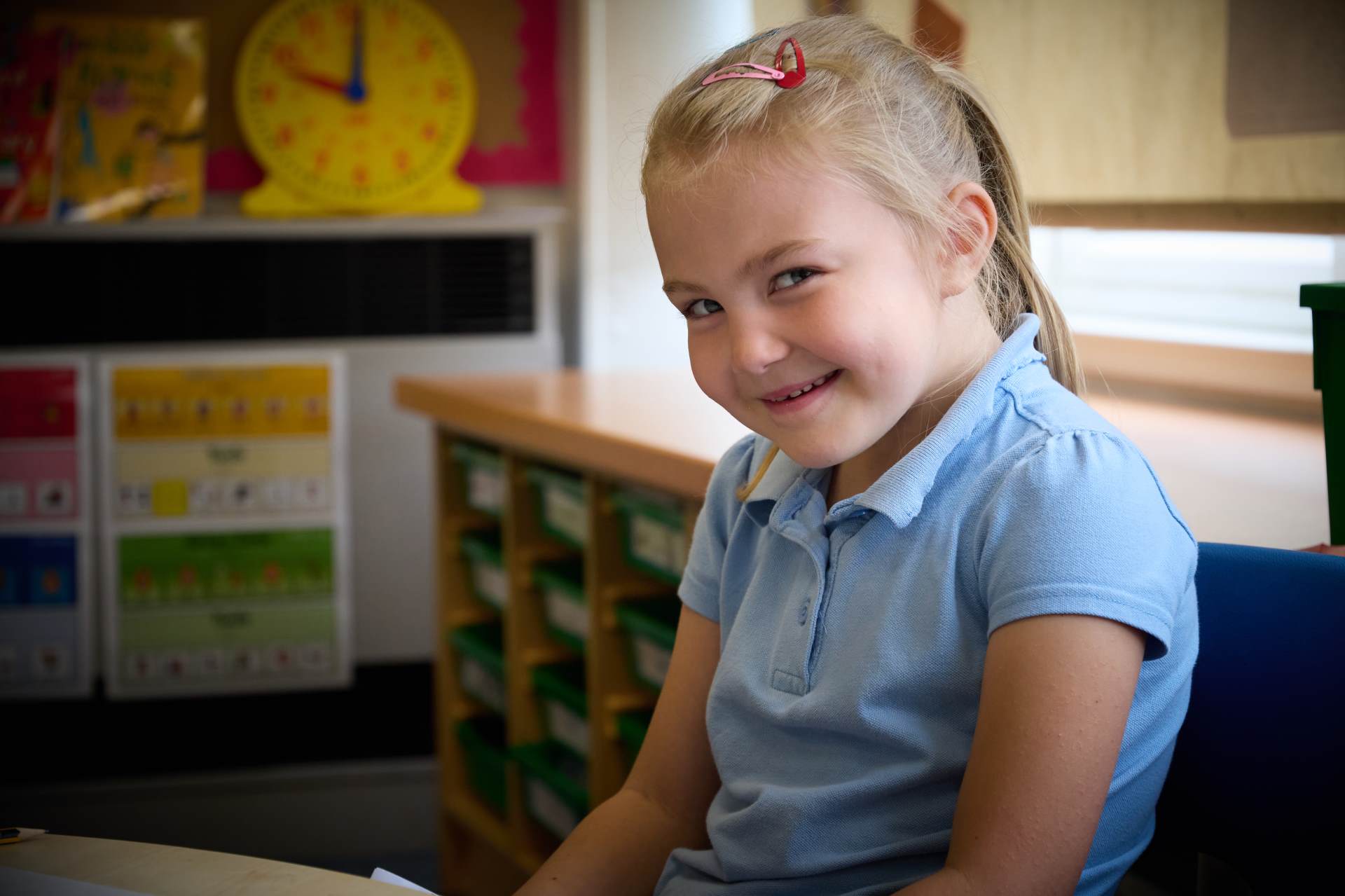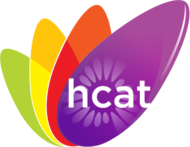Reading & Phonics

Reading Intent
“So it is with children who learn to read fluently and well: They begin to take flight into whole new worlds as effortlessly as young birds take to the sky’ William James
Phonics
At Longhill Primary School we follow the Little Wandle Phonics scheme.
| Phase | Phonic Knowledge and Skills |
|---|---|
| Nursery | Activities are divided into seven aspects, including environmental sounds, instrumental sounds, body sounds, rhythm and rhyme, alliteration, voice sounds and finally oral blending and segmenting. |
| Reception | Autumn 1- Phase 2 graphemes |
| Autumn 2- Phase 2 graphemes | |
| Spring 1- Phase 3 graphemes | |
| Spring 2- Phase 3 graphemes | |
| Summer 1- Phase 4 graphemes | |
| Summer 2- Phase 4 graphemes | |
| Year 1 | Autumn 1- Review phase 3/ 4 and Phase 5 graphemes |
| Autumn 2- Phase 5 graphemes | |
| Spring 1- Phase 5 graphemes | |
| Spring 2- Phase 5 graphemes | |
| Summer 1- Phonic screening check – no new GPCS or tricky words | |
| Summer 2- Phase 5 graphemes |
Implementation
Foundation for Phonics in Nursery
We provide a balance of child-led and adult-led experiences for all children that meet the curriculum expectations for ‘Communication and language’ and ‘Literacy’. These include:
- sharing high-quality stories and poems
- learning a range of nursery rhymes and action rhymes
- activities that develop focused listening and attention, including oral blending
- attention to high-quality language.
- We ensure Nursery children are well prepared to begin learning grapheme-phoneme correspondences (GPCs) and blending in Reception.
Daily phonics lessons in Reception and Year 1
- We teach phonics for 30 minutes a day. In Reception, we build from 10-minute lessons, with additional daily oral blending games, to the full-length lesson as quickly as possible. Each Friday, we review the week’s teaching to help children become fluent readers.
- Children make a strong start in Reception: teaching begins in Week 2 of the Autumn term. · We follow the Little Wandle Letters and Sounds Revised expectations of progress:
- Children in Reception are taught to read and spell words using Phase 2 and 3 GPCs, and words with adjacent consonants (Phase 4) with fluency and accuracy.
- Children in Year 1 review Phase 3 and 4 and are taught to read and spell words using Phase 5 GPCs with fluency and accuracy.
Daily Keep-up lessons ensure every child learns to read
- Any child who needs additional practice has daily Keep-up support, taught by a fully trained adult. Keep-up lessons match the structure of class teaching, and use the same procedures, resources and mantras, but in smaller steps with more repetition, so that every child secures their learning.
- We timetable daily phonics lessons for any child in Year 2 or 3 who is not fully fluent at reading or has not passed the Phonics screening check. These children urgently need to catch up, so the gap between themselves and their peers does not widen. We use the Little Wandle Letters and Sounds Revised assessments to identify the gaps in their phonic knowledge and teach to these using the Keep-up resources – at pace.
Teaching reading:
We teach children to read through daily reading practice sessions.
These:
- are taught by a fully trained adult to small groups of approximately six children
- use books matched to the children’s secure phonic knowledge using the Little Wandle Letters and Sounds Revised assessments and book matching grids on pages 11–20 of ‘Application of phonics to reading’
- are monitored by the class teacher, who rotates and works with each group on a regular basis.
Each reading practice session has a clear focus, so that the demands of the session do not overload the children’s working memory. The reading practice sessions have been designed to focus on three key reading skills:
- Decoding
- prosody: teaching children to read with understanding and expression
- comprehension: teaching children to understand the text.
- In Reception these sessions start in Week 4. Children who are not yet decoding have daily additional blending practice in small groups, so that they quickly learn to blend and can begin to read books.
- In Year 2 and 3, we continue to teach reading in this way for any children who still need to practise reading with decodable books.
Home reading
- The decodable reading practice book is taken home to ensure success is shared with the family. Once children have finished the Little Wandle Scheme they either move onto take home a bridging book or a book for pleasure. All children when on a scheme book have the opportunity to take home a book for pleasure.
We celebrate reading milestones – 50, 100, 150 with rewards.
Parents are encouraged to log children’s reading at home using the Go Read App.
Whole Class Reading Lessons
Twice a week, each class take part in our ‘Book Talk’ sessions. The aim of these is to develop whole school opportunities for the children to hear texts being read aloud and for the children to develop increasing independence. We use these sessions to increase opportunities for discussion and ensure that there is a focus on:
- Breadth, Text Structure and Features
- Vocabulary
- Discussing, performing and presenting
- Word reading and decoding
- Comprehension Strategies
We also have our SPIES session and two mini mission challenges within a week.
In KS1 the children follow the structure below:
S: Sets out the objective for the lesson.
P: Probe the text. This focuses on content domain 1a and picks out useful vocabulary and language that will help the children to better understand the text and develop their own vocabulary knowledge.
I: Investigate further. This focuses on content domain 1b where children identify key information from the text using simple retrieval strategies.
E: Extend the learning. This focuses on content domain 1d where children develop their inference skills.
S: Search for meaning. This changes depending on what is relevant to the children’s learning. It will cover 1e (prediction) but will also revisit the other content domains.
There are further reading lessons in the week. These are taught ‘Mini Missions’ and more independent activities. Teachers choose from the range of content domains to ensure they are all covered.
Year 1 begin this, once they are more secure with phonics.
In KS2 the children follow the structure below:
S: Sets out the objective for the lesson.
P: Probe the text. This focuses on content domain 2a and picks out useful vocabulary and language that will help the children to better understand the text and develop their own vocabulary knowledge.
I: Investigate further. This focuses on content domain 2b where children answer retrieval questions.
E: Extend the learning. This focuses on content domain 2d where children develop their inference skills.
S: Search for meaning. This section changes to cover the remaining content domains.
There are further reading lessons in the week. These are taught ‘Mini Missions’ and more independent activities. Children answer a range of questions presented in a variety of ways to ensure ALL children can achieve the same outcomes. (Find and copy, tick, number, etc.)
Big Read Whole Class Texts
|
Year Group |
Autumn |
Spring |
Summer |
|
1 |
Toys in Space |
Farmer Duck
Pumpkin Soup
Non Fiction – Recipe |
Mrs Armitage and the big wave
Katie Morag and the New Pier
|
|
2 |
Where the Poppies Grow
Peace Lilly
Christmas Truce
Non Fiction – Information texts linked to WW1 |
Flat Stanley
Meerkat Mail |
Dingo Dog
Rainbow Bird
Information Text on Australia |
|
3 |
13 Storey Treehouse
Where my Wellies take my (Poetry)
|
Charlie and the Chocolate Factory
Non Fiction – Greek Travel Brochure |
Mona Lisa Mystery
Information Text on European Landmarks
Non Chronological Report on Paris |
|
4 |
The Mystery of the Mona Lisa (Jack Stalwart)
Instructions on Mummification |
Iron Man
Instructions – How to build an Iron Man |
Boy at the Back of the Class |
|
5 |
Street Child Discussion Biography Non Chronological Report |
Polar Bear Explorers Club |
The Explorer |
|
6 |
Goodnight Mr Tom
Diary Entry |
London Eye Mystery |
Holes
Non Fiction - Earthquakes |
Reading for Pleasure around school
Recommended Reads have been bought for each year group so that all classes have access to these. It is expected that the books should be read throughout the year and that children have access to these throughout the year to reread them. They can be read independently by children and read by the teacher to the class.
The school has also heavily invested in new reading books for each year group covering a range of fiction and non-fiction titles. Both classes within each year group have their own set of books in their classrooms.
Reading Areas
The school now has many reading areas throughout the building. The hall is our reading hub and has a KS1 and KS2 library area within it and then reading areas for British Values, Science, Geography, Poetry and International Links / Sustainability. These areas can be changed if children wish another area to be created.
Each classroom has their own reading area either within it or just outside so that children throughout the day can access it and read for pleasure.
Children are encouraged to use these areas throughout breaks and lunch times and senior leaders are in the reading hub every lunch time so that children can access it at their own leisure. They will also listen to children read if they want to be heard.
Impact
Our overall aim is for pupils to read fluently and with understanding. We want children to be independent readers with a life long passion to explore books. Reading if the key to unlocking all learning and so reading goes into all of our curriculum areas.



